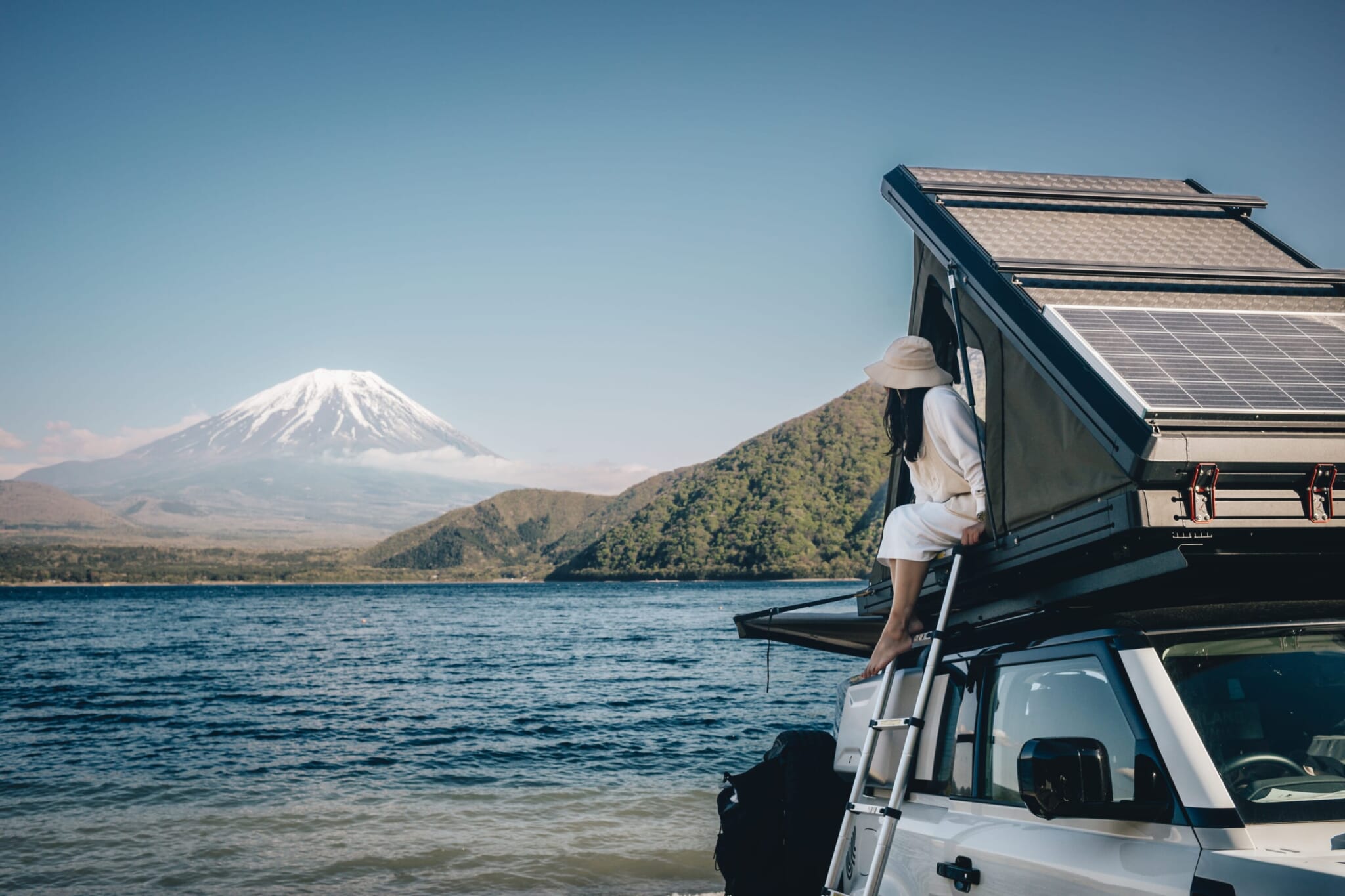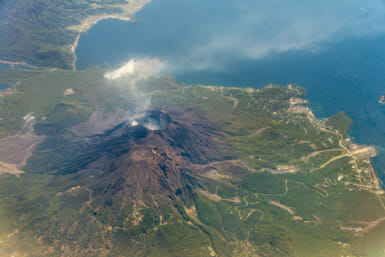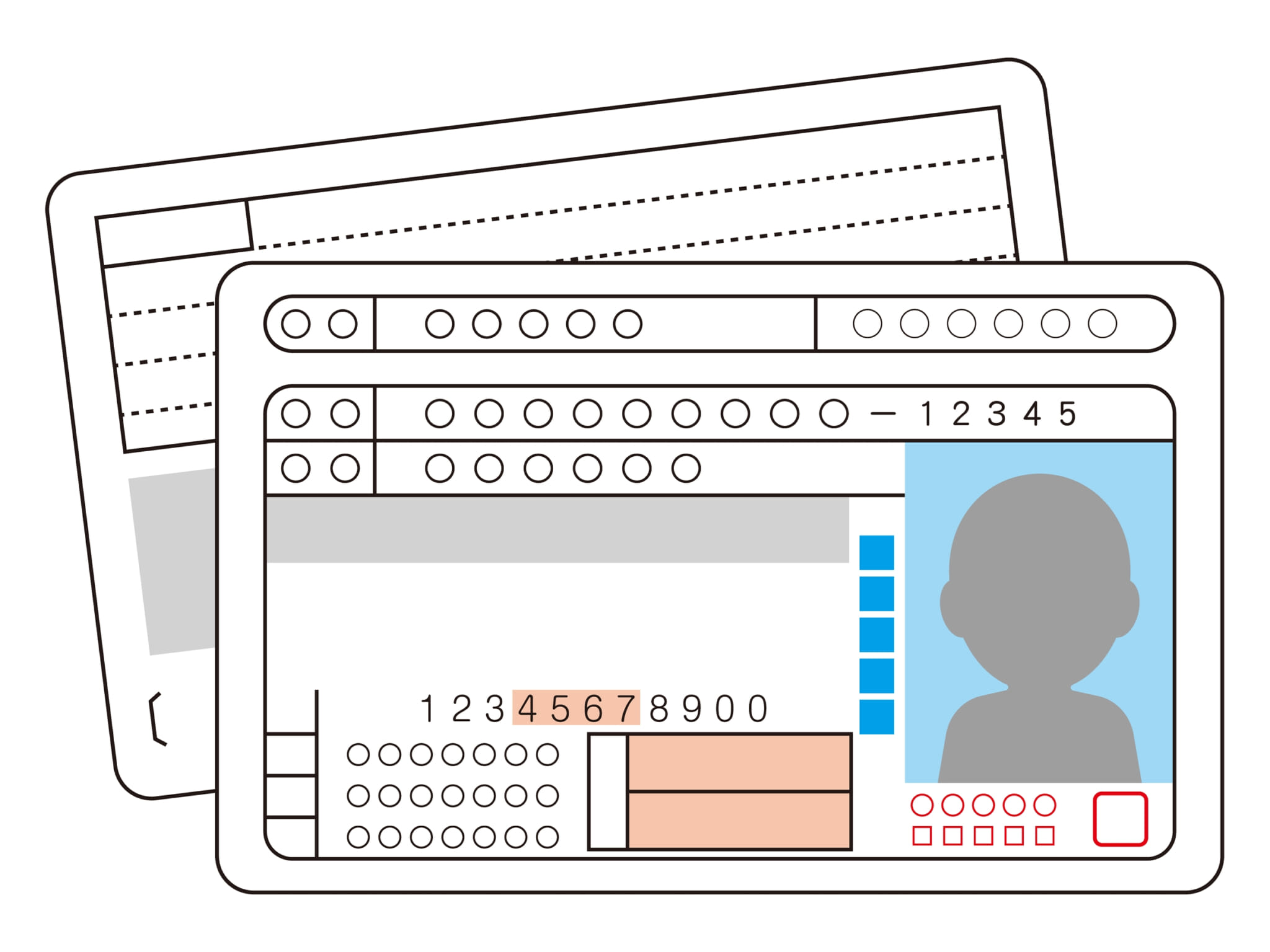
What You Need to Know Before Renting a Car in Japan
Most rental companies allow people to rent cars from the age of 18, but this depends on the individual company, and the type of vehicle may differ. Young drivers should check age restrictions beforehand. Also, a valid driver’s license is (obviously) necessary. To find out what qualifies as a valid driver’s license, read on…
Valid Driver’s License: International Driver’s Permits (IDP)
Japanese diver’s license holders need not worry. For the rest of you, there are two types of IDP. You should get these before you leave your home country. There are two types of valid licenses:
- Foreign nationals with licenses from countries that have signed the 1949 Geneva Convention on Road Traffic (that includes 95 countries and two regions, including Japan) are allowed to drive for up to one year in Japan with their International Driver’s Permit. Make sure to pick one up at your local automobile association or other official entity before heading to Japan.
- Drivers from Germany, France, Switzerland, Italy, Belgium, and Taiwan are allowed to drive with their foreign licenses as long as they are accompanied by a certified Japanese translation.
Note: When picking up the car, all drivers must be registered. To do this, either have all the drivers present at pick up or have one person in charge of everyone’s driver’s licenses to confirm identity and license validity.
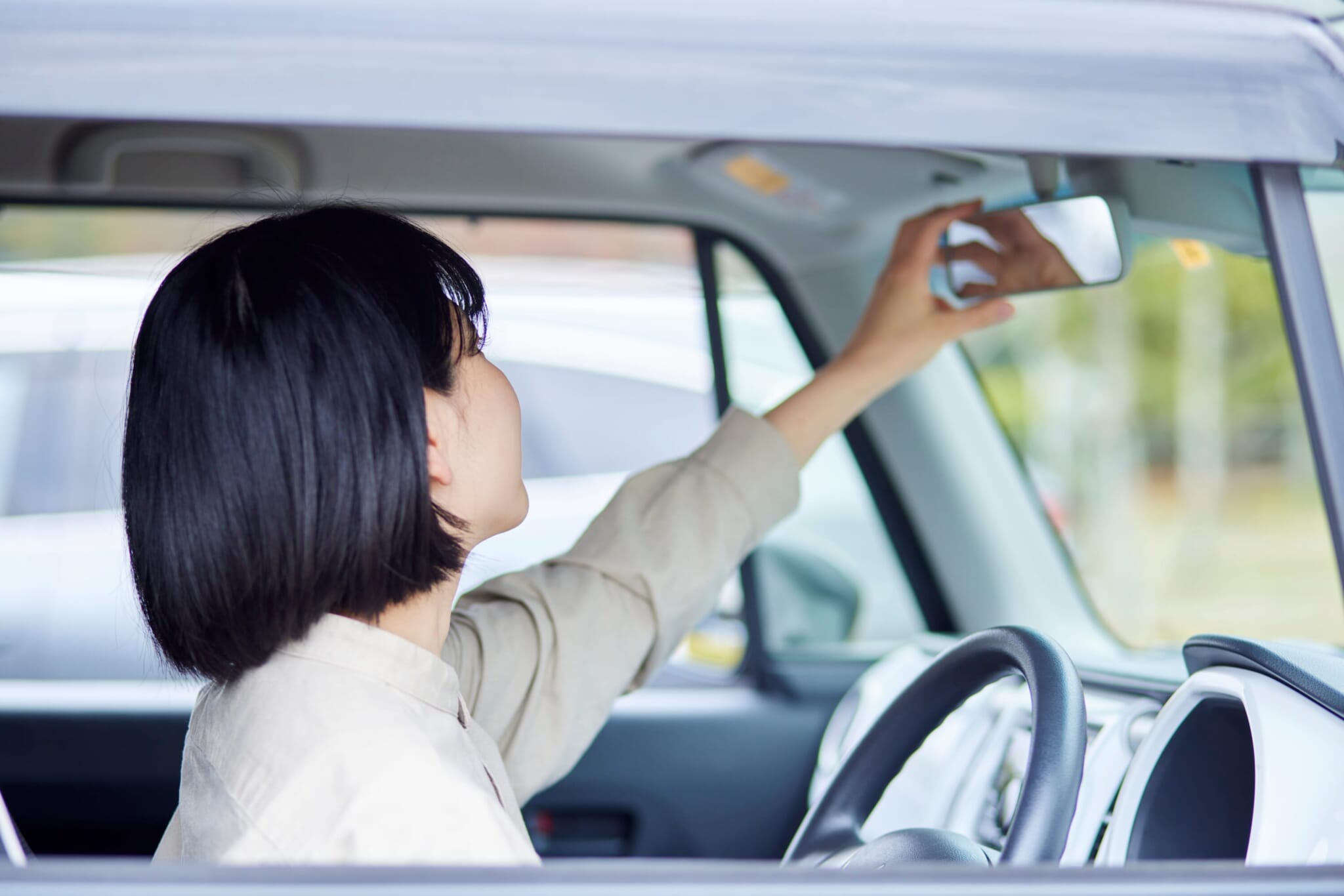
Useful Japan Car Rental Tips
There are a number of services offered, depending on the rental outlet. Check in advance for extras like car seats for young children, multilingual GPS devices, ski racks, and more. These may be offered for free or for an extra fee and will most likely have limited availability, so make sure to reserve anything needed when you make your initial booking.
Also, you can often choose not only the class and brand of car but also pet-friendly or non-smoking cars as well.
ETC Card & ETC Card Device
There are many toll roads and expressways in Japan and some routes can be especially expensive. The Electronic Toll Collection (ETC) card is a useful tool that allows toll fees to be charged directly to your credit card or car rental account when you go through the gates and in some cases, also offers discounts compared with paying by cash.
This means you don’t have to stop at the toll booth — simply slow down and the ETC card will activate, allowing you to go through smoothly, saving both time and stress. Pay the total toll fees either by cash or credit card when you return your car. For more information on ETC devices and ETC card rental, see the official ETC card website.
You’ll typically be asked online or instore whether you need an ETC device and/or ETC card. This service is ideal for Japanese citizens and foreign residents. For temporary visitors to Japan, there is also the option of the Japan Expressway Pass (see below).
Note: If you don’t have an ETC card, you can only go through toll gates that are marked “一般/(Others)” in green, or shared toll gates marked “ETC/“一般/(Others)”. ETC-only tollgate signs are marked purple.
Returning Your Car
Make sure to fill the tank before returning your car to the rental company, or you will be charged extra afterward. Some rental companies will require a receipt as proof that you have filled the tank.
Most rental outlets are located close to a gas station or can give instructions on where to find the nearest one if needed. If you use a full-service gas station, ask for “mantan,” which means “full tank.”
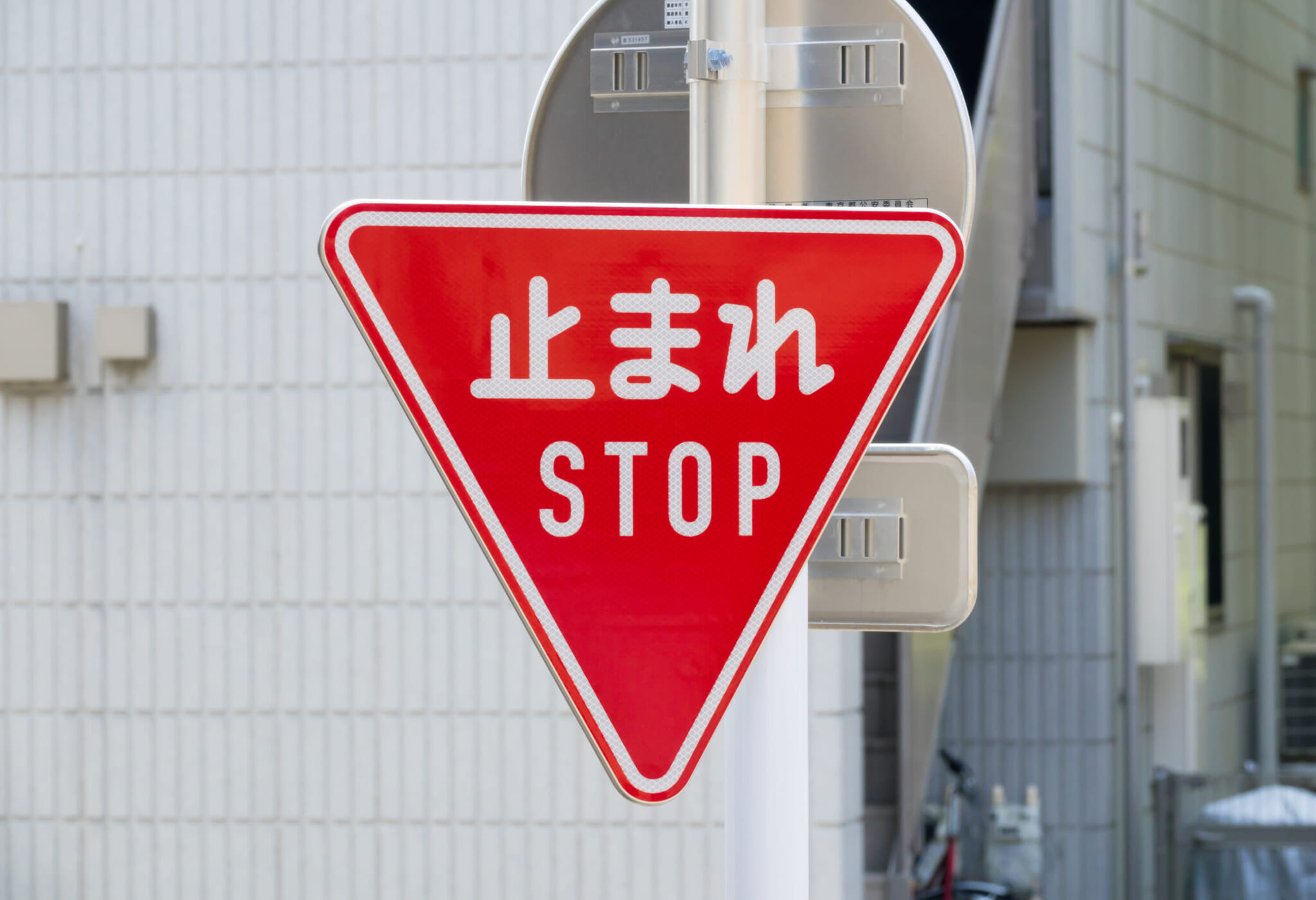
Driving Safely: Rules and Regulations
Be aware of road rules and regulations that may differ from your home country. Many are common sense, like signaling before switching lanes and driving defensively. Others are obvious, like driving on the left side of the road. However, there are some mistakes easily made that could get you in trouble:
- There is no left (or right) turn on red. A red light is a red light.
- At a four-way junction, the car on the left has the right of way.
- Japanese drivers often don’t stop when the traffic light turns yellow, and many will still cross during the first few seconds of a red light. Use common sense to judge whether to go with the flow to avoid getting rear-ended at a traffic light.
- Japan has a zero-tolerance policy on drunk driving. Although the law states that up to 0.03 BAC (blood alcohol level) is permitted, people skirting the limit are pushing it. Also, passengers may face prosecution because they are responsible for allowing you behind the wheel.
- You can be fined if caught talking on a cell phone while driving.
In Case of Emergency When Driving in Japan: What to Do, Who to Contact
Even the best drivers can end up in an accident, and it’s especially easy to do when you’re navigating your way through an unfamiliar place.
In case of injury, call 119 (emergency medical services, ambulance or firefighters). Offer help to the injured party if you can. You’ll also need to call 110 (police) to report the accident. You have to do this even if no one is injured, as you’ll need to provide a copy of the accident report to the rental company when you return your car. Finally, call the rental company. Most companies will have a specific accident hotline for emergencies and accidents. They will provide support and advice for these situations.
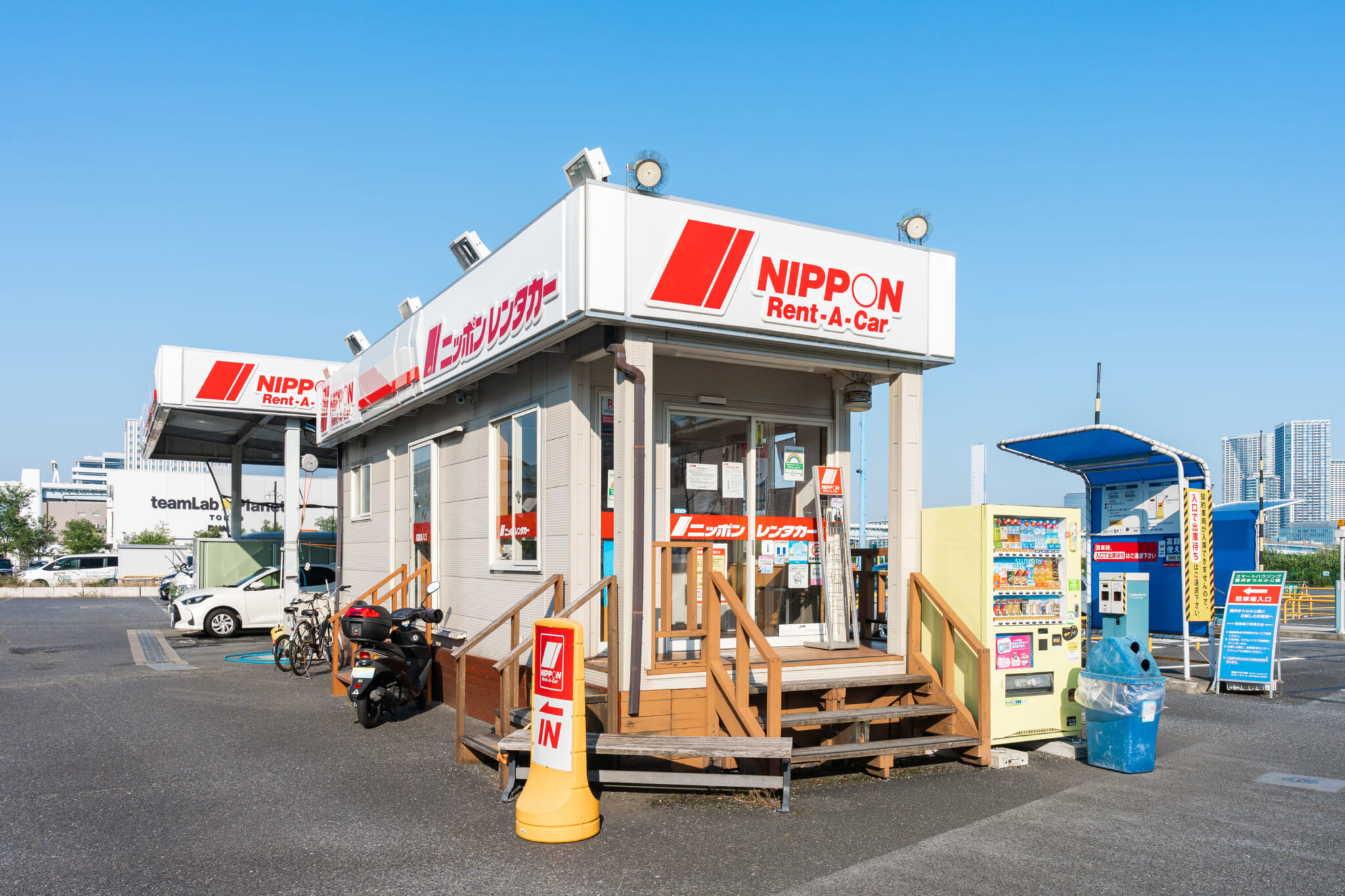
Photo by yu_photo via Shutterstock
Where to Rent a Car in Japan
With all the basic details covered, here is a short list of some of the most popular car rental companies with outlets nationwide:
Japan Expressway Pass
A new initiative started in 2017 allows visitors to Japan (on temporary, short-stay visas of up to 90 days) to get a hefty discount on toll roads when traveling by car. Like the JR Rail Pass, users can travel certain routes for a preset fee within a set time period. Also, similar to the JR Rail Pass, there are regional versions of the pass as well as a basic nationwide one. Note that you will be required to have an ETC device in your car (see above) for the service to work. Passes can be bought at select car rental outlets.
For more details and information on restrictions, visit the Central Nippon Expressway website.
More Travel Guides
Transportation is key to making or breaking your trip. Be sure to consult these handy guides in preparation for your Japan travels:

